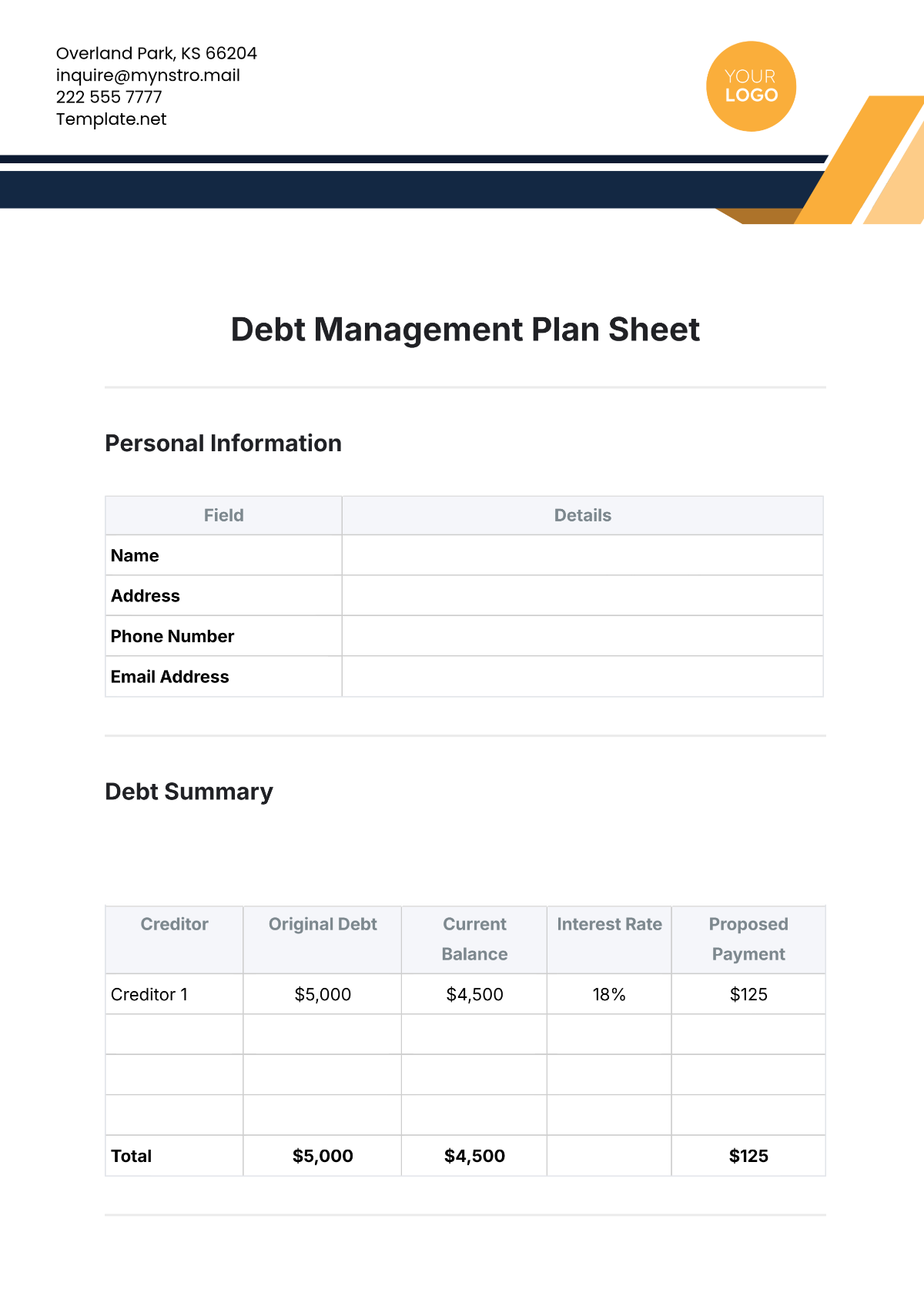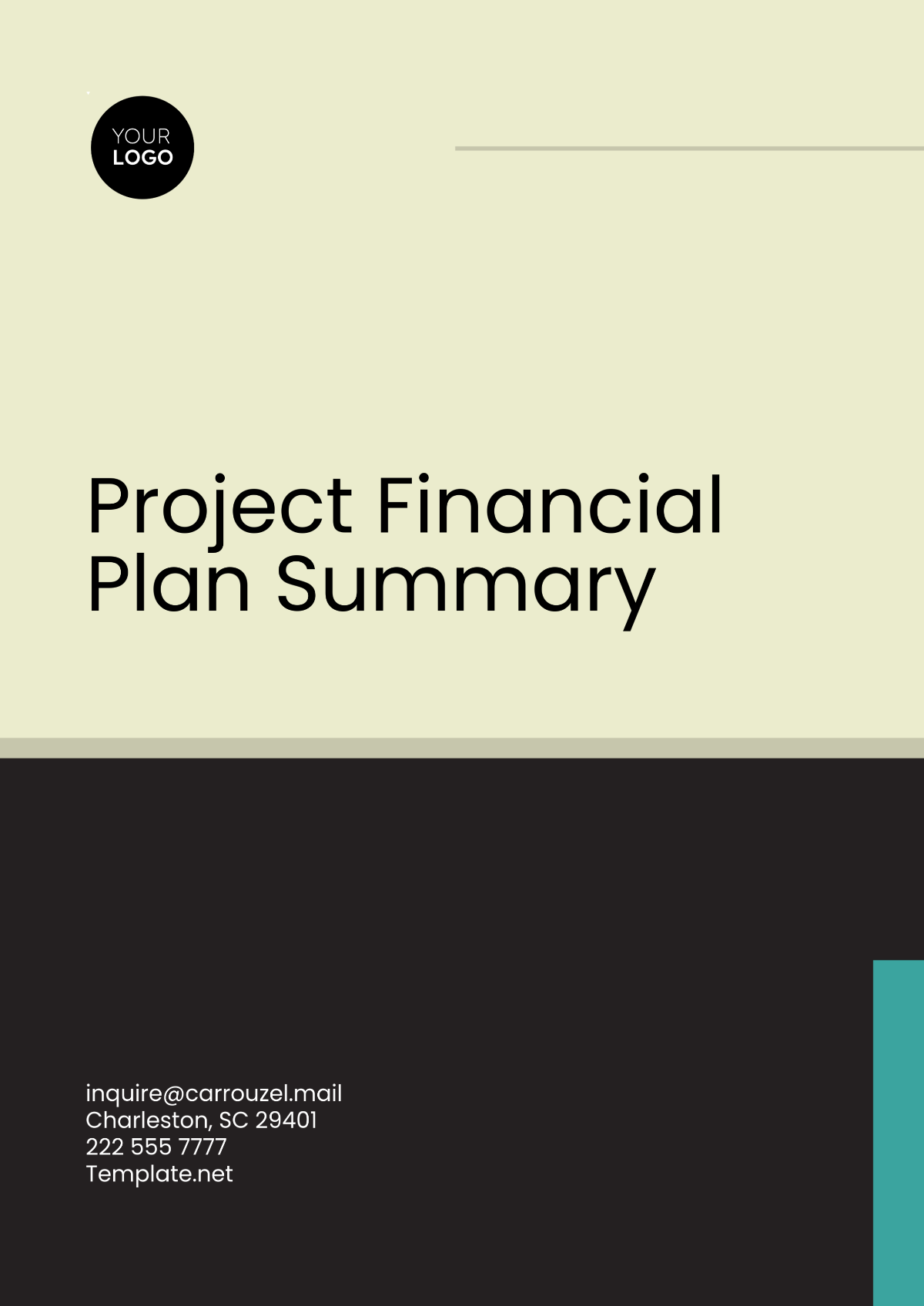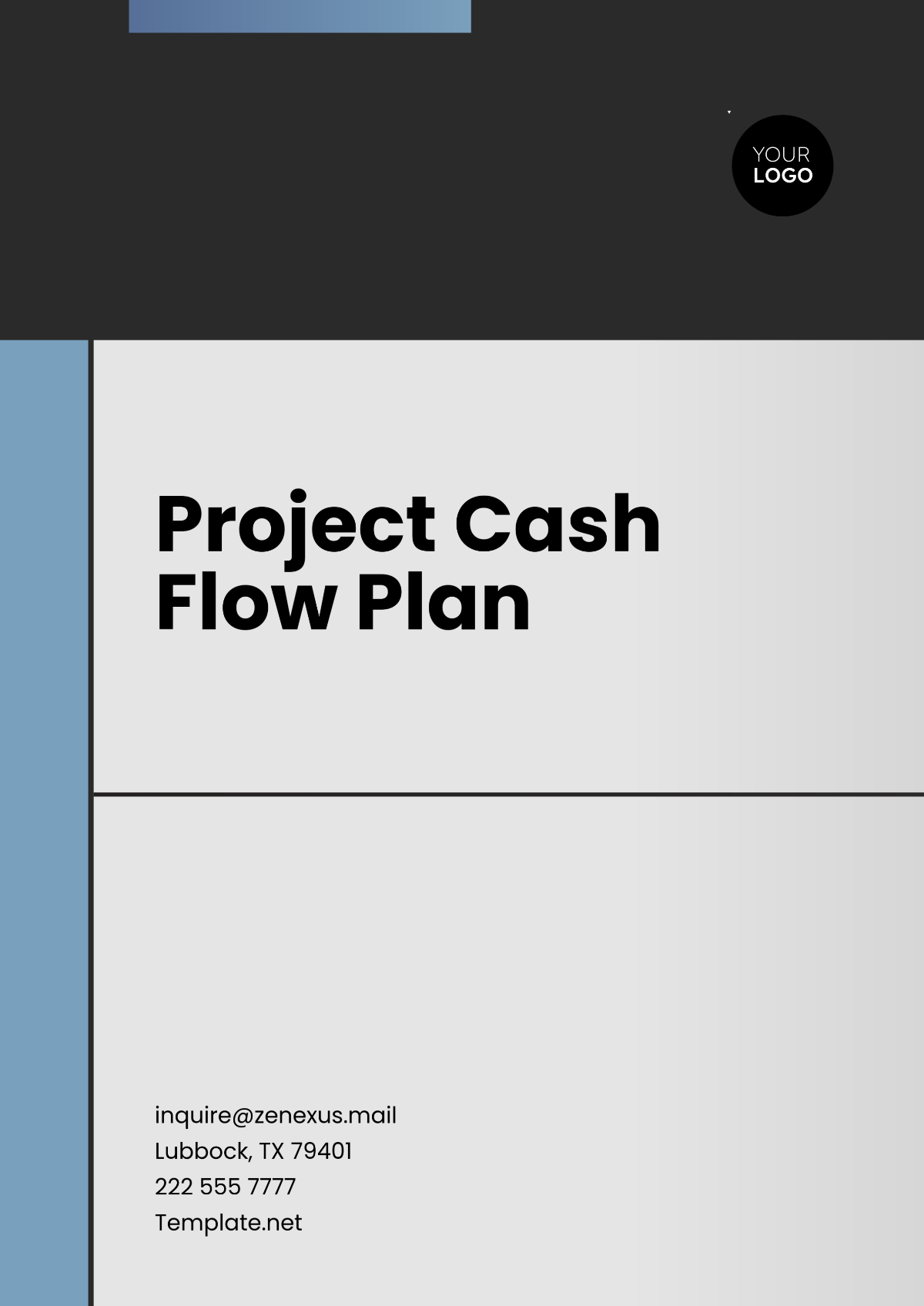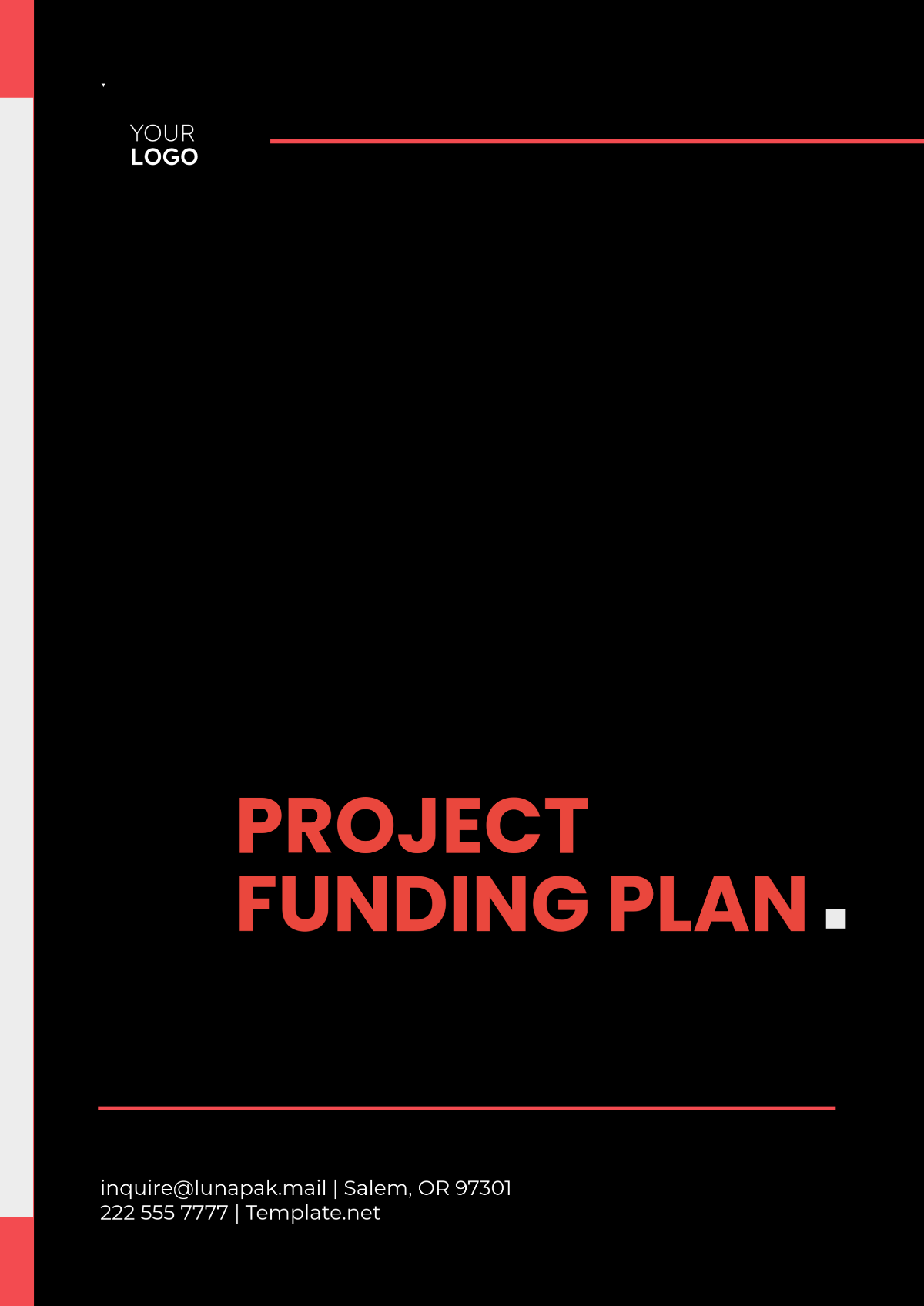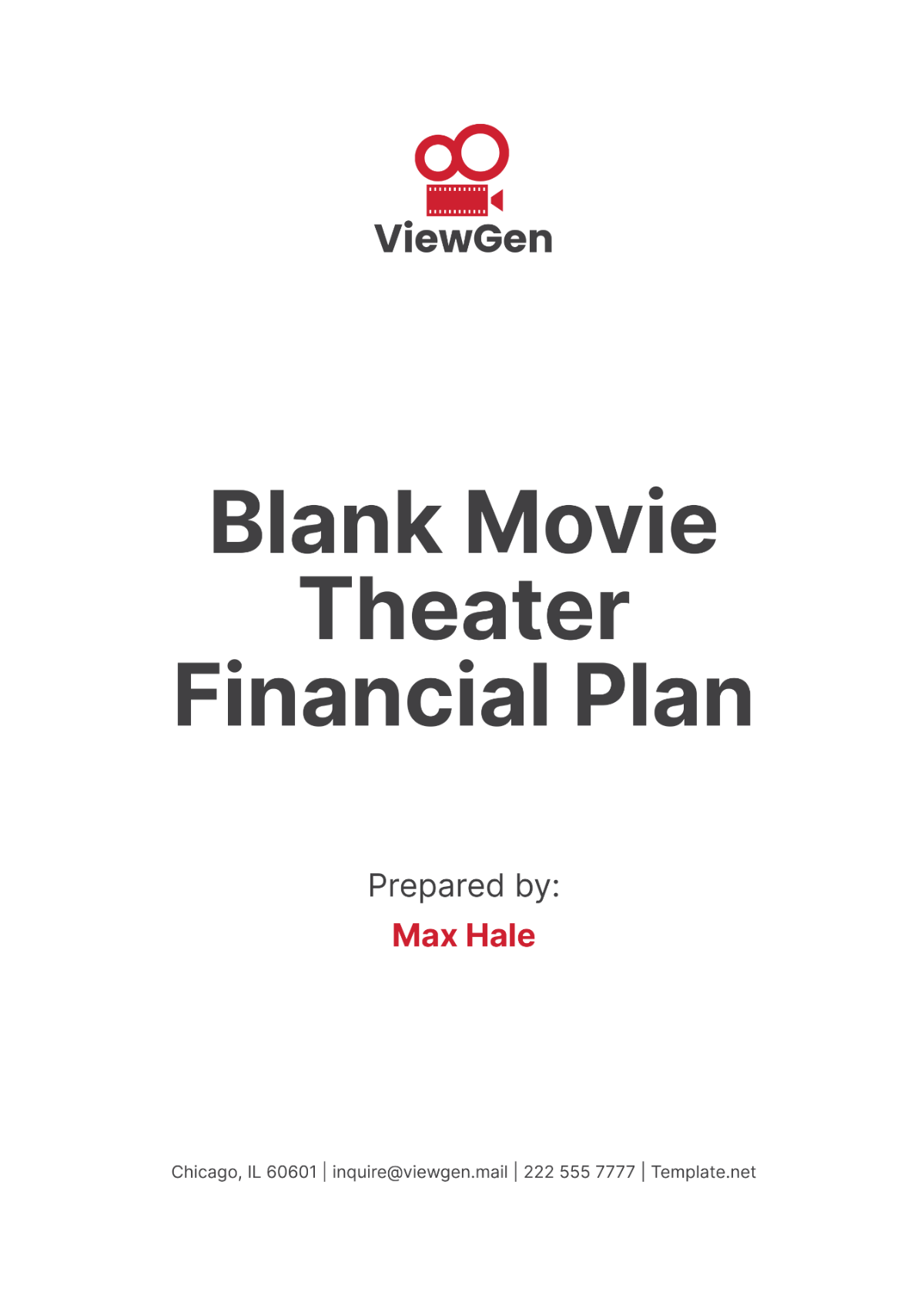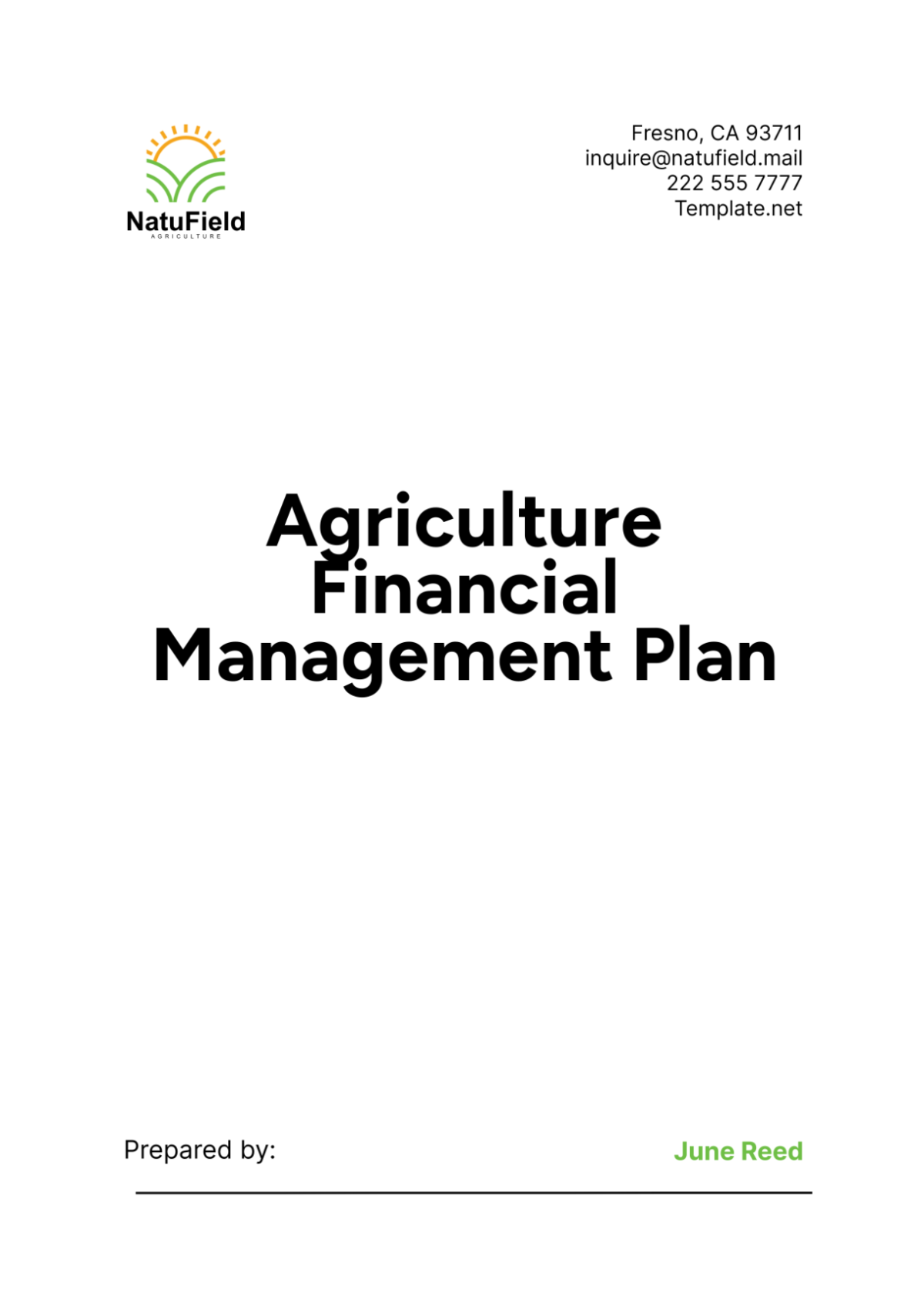Financial Reporting Restructuring Plan
Objective Overview
The primary objective of this strategy is to infuse a distinct sense of uniformity and consistency, particularly concerning financial reporting. This sense of uniformity and likeness in financial reporting is principally intended to make the system more efficient and more suited to the current financial environment. Therefore, this calls for effective integration of changes within our existing accounting policies. These changes within our current accounting policies, which serve as a facilitator within the system, are not intended to be our main area of concentration. However, these specific modifications are nonetheless expected to occur as a naturally occurring outcome in the long term. These anticipated inevitable modifications are considered an accompanying result of the incessantly ongoing restructuring that we are implementing within our company at present. All these mechanisms are expected to drive the process towards permeating this sense of uniformity, thus achieving our principal goal.
Scope of Accounting Policies Review
The review process that we are going to undertake will tackle various components, one of the principal ones being the fundamental accounting policies. The policies that we are going to cover are substantial and encompass multiple aspects. Firstly, we will be closely examining the measures for recognizing revenue to ensure they are efficient and effective. Furthermore, we will be looking into the impairment of assets, assessing its adequacy, investigating how it's been calculated and confirming whether they have been properly acknowledged in the financials. On top of these, we will also put under microscope any provisions that have been fortuitously established for contingencies to corroborate whether they align with standard accounting practices and meet the business's requirements. Yet, our review process is not constrained to these alone. We understand that other sectors or domains, although not specified up front, might still weigh heavily in relation to the project at hand. Hence, there will be considerable attention dedicated to these unsaid areas, as we firmly believe they bear a substantial relevance to the review. What we must duly note is that these additional areas that need further looking into depend significantly on specific considerations. These considerations are largely derived from the unique characteristics of the operational activities that are being performed. More importantly, they are tailored in accordance with the individual requirements these operations demand. Therefore, we will meticulously revisit these added aspects during our review to ensure nothing substantial has been overlooked and to verify that the operational activities are conforming to the business's objectives and requirements.
Establishing a Review Team
A dedicated team will be put together for the task at hand and this team will be composed of experts in various fields. The team members will include financial analysts, whose responsibility will be to dissect and interpret the financial aspects of the task; content experts, who will bring industry knowledge and expertise to the table; and internal auditors, who will ensure compliance and governance. Once assembled, the purpose and responsibility of this team would be multi-fold. Their primary goal will be to conduct a comprehensive review of the existing accounting policies. In doing so, they will analyze these policies in depth and assess their effectiveness in the current context. Their task will also involve evaluating whether the current policies are in alignment with any procedural changes that may have occurred in the organization. Through this evaluation, they will aim to understand if any overlaps or gaps exist, and identify any areas of improvement. Thereafter, based on their findings and insights, the team will work towards defining the updated policies. These new policies will reflect the changes deemed necessary from the review and evaluation phase and will align better with the current procedures, thus ensuring a more streamlined and efficient accounting process for the organization.
Identifying Changes
The team assigned to review relevant matters will be tasked with the evaluation of the most recent regulations that are currently in effect, coupled with the accounting standards that are widely accepted and have been implemented, along with the plans outlined by the company for restructuring their current structure. Their objective is to pinpoint areas that are in high demand for alterations or amendments within the existing policies. Concurrently, they will also be required to keep a highly accurate and up-to-date record that will detail and explain the changes that they have recommended making, in addition to the reasons why they believe that such changes are necessary. This record will be meticulously maintained to ensure that it can be accessed for future reference purposes, to provide clarity and explanation as to why certain decisions were made.
Development of New Policies
Once we have identified the requisite alterations that need to be made, our subsequent course of action will involve the formulation of novel policies. Simultaneously, we will also undertake revisiting and revising our pre-existing policies so that they align well with the freshly introduced changes. The changes that we envisage will essentially be reflected in the structure of these new policies. In other words, these new policies will be designed in such a way that they mimic the newly incorporated changes in our organizational structure. Aside from this, their function will amount to more than mere mimicking of the new organizational structure. They will also serve the indispensable purpose of providing a certain level of assurance - assurance with respect to the consistency of processes and operations within our organization. In addition to maintaining consistency, these policies are also aimed at fostering a sense of equitable comparison. With these policies in place, we aim to cultivate an environment of fairness where the comparability of different financial reports, within the defined parameters of our organization's financial scope, is ensured.
Stakeholder Communication
It is of critical significance to keep the stakeholders informed about the crucial updates and changes in the organization. With this in mind, there is an ongoing commitment to ensure that all major stakeholders are kept in the loop about the recently updated policies. The group of major stakeholders includes not only the senior management but also department heads who hold significant decision-making power in their respective sectors. Additionally, employees who are directly involved in executing the changes are also considered important stakeholders as their roles are central to the implementation of these new policies. As such, they, too, will be informed about the new updates ensuring that everyone is on the same page moving forward.
User Training
We will ensure a seamless transition to the renewed accounting policies by meticulously organizing and conducting the needed training sessions. This approach is deemed essential to ensure that all the individuals who will be directly involved in implementing these updated policies are well equipped with the necessary knowledge and competence. These individuals, who play significant roles at various stages of these processes, will be thoroughly familiarized with the new rules and regulations that we have put into place to modernize our accounting system. In furtherance of this journey, we will provide them with explicit and straightforward information to comprehend the pervasive implications of these changes. This information, made available through the most appropriate channels, will help them to clearly understand the potential impact these modifications might introduce to the capacity and nature of their day-to-day tasks. Moreover, this knowledge will provide them with a better perspective on how these adjustments could potentially influence their general roles and responsibilities within the organization. By taking these steps, we aim to create an environment where the application of our updated accounting policies can be achieved effortlessly and successfully.
Rollout of New Policies
Once each individual stakeholder has finished undergoing the requisite training that is necessary for the correct understanding and application of the new rules and systems, the newly revised set of accounting policies will be incorporated into every functioning corner of the organization. This will act as a transformative measure to bring about an updated system of operations with regard to financial matters. Furthermore, in order to guarantee that every member comprising the organization shares a uniform comprehension of these newly introduced changes, a particular date for the execution of these reformulated policies will be decided on and transparently disseminated to all parties involved. This will serve to ensure everyone is on the same page as the organization moves to adopt these updated policies, eliminating any uncertainty about when these changes would come into play.
Continuous Monitoring
After the implementation phase has been completed, the review team will take on the responsibility of monitoring the changes as they play out in a realistic situation. They will be vigilant in identifying and promptly addressing any new issues or problems that may arise as a direct or indirect result of the changes. In addition, any valuable lessons or insights that are gained during this process will be carefully documented and saved. This will ensure that these lessons can be easily accessed and referred to in the future, should similar situations occur. This way, the team can leverage past experience to improve and optimize their handling of such instances.
Feedback and Improvements
Once the implementation process is complete, we will actively seek feedback from all relevant stakeholders. Every piece of critique, suggestion, and observation will be carefully collected and put under thought-out evaluation. This invites an opportunity for open discussion amongst the team, where we will contemplate over every received suggestion. Our aim is to incorporate as many of these helpful insights as possible into our existing framework, of course, only after deeply studying their possible repercussions and deciding if they are deemed beneficial or not for our overall operations. By following this continuous and rigorous process, we aim to ensure that our accounting policies are consistently refined, always striving for improvement and enhancing our efficiency, staying adaptable to change, and ultimately providing the best possible service.




